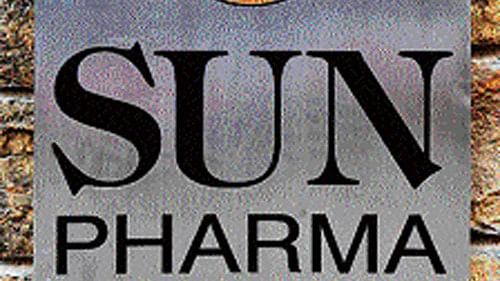
The apex court rejected a claim made 'baldly' by Sun Pharmaceutical Industries Ltd that it was not a ‘distributor’ but only a ‘dealer’ of Roscilox.
DH File Photo
New Delhi: The Supreme Court on Monday said there can't be restricted or hidebound interpretation of the Drugs (Price Control) Order, 1995, brought about to with a laudable objective to make available medicines on prices fixed by the government.
Judges Sanjay Kumar and Augustine George Masih rejected a claim made "baldly" by Sun Pharmaceutical Industries Ltd that it was not a ‘distributor’ but only a ‘dealer’ of Roscilox, a brand of a Cloxacillin-based drug formulation.
"The definitions of ‘distributor’ and ‘dealer’ under the DPCO are not mutually exclusive and it is very much possible in this scheme that a ‘distributor’ may play a dual role by becoming a ‘wholesaler’ or ‘retailer’ also and thereby satisfy the definition of ‘dealer’ under Paragraph 2(d) of DPCO," the bench said in its judgment.
As the appellant played both the roles, the bench said it would not be sufficient to exclude it from the ambit of Paragraph 13 of the DPCO.
Referring to the DPCO, the bench said, "The intent and purpose thereof are to control the prices at which medicinal drug formulations are made available to the common man by holding out the threat of recovery of the higher prices charged for such drug formulations by those involved in their manufacture and marketing. Given the laudable objective underlying the provision, it cannot be subjected to a restricted or hidebound interpretation."
The court dismissed the appeal by the company as devoid of merit, since it found no error in the Delhi High Court's judgement. The bench vacated the order of status quo passed in 2014.
The drug major was aggrieved with a demand notice made on February 08, 2005 for the overcharged principal amount of Rs 2,15,62,077 for the period April, 1996 to July, 2003. Subsequently, it was directed to deposit the overcharged amount with interest, aggregating to Rs 4,65,08,333.
The demand notice was issued by the National Pharmaceutical Pricing Authority.
With regard to the claim by the company that it was not a manufacturer or importer or distributor, the bench said, "We find that the replies filed by the appellant in response to the notices issued by the NPPA categorically manifested that the appellant admitted purchase of the drug from the manufacturer itself. Thus, in terms of its own admissions in its replies, the appellant had direct contact with the ostensible manufacturer."
The court said that a ‘dealer’, as defined in the DPCO, would be a wholesaler or retailer who undertakes the purchase or sale of the drug while a ‘distributor’, as defined thereunder, would include a distributor of the drugs or a stockist appointed by a manufacturer.
The court also noted though the definition of ‘wholesaler’ under Paragraph 2(y) of the DPCO blurs the distinction between a ‘dealer’ and a ‘distributor’, by including a dealer as well as a stockist appointed by a manufacturer, the fact remains that a ‘distributor’ under Paragraph 2(c) of the DPCO has links with the manufacturer directly while a ‘dealer’ does not, as he obtains his supply of drugs from the said ‘distributor’.
